Thai Hai's poetic life is a journey of self-discovery in art. While many trends appear in contemporary Vietnamese poetry, Thai Hai quietly follows his own path. Not dependent. Not lost in the crowd.
That journey is clearly shown through 3 stages. The collections published before 2005: "Before the sea", "Memories"... the poetics are still simple, not clearly showing the artistic tendency. He both hesitated with traditional poetry and wanted to approach modern poetry. Besides the pure writing method, such as: "Cold autumn night, mango moon at the foot of the waves/The sea floats, monologue of cloud words/I collect golden light on the sand/Weaving the season... sending the autumn wind", the poet tried to find a new direction: "Summer/Golden moonlight/Seduction and thirst/I drink/In front of the desert/The last drop melts on the tip of the tongue". In these collections of poems, poetic images are still at the level of reflecting reality: "My maternal home/Red rice/Green potatoes/Salty rice fields/Central sunshine, white sand in people's eyes". In the collections: " The world without diapers", "Dong Hoi fantasy song", "The woman lighting the kitchen" from 2010 onwards, Thai Hai has definitely stepped out of the comfort zone of simple thinking, confidently renewing poetry with modern poetics and highly symbolic imagery.
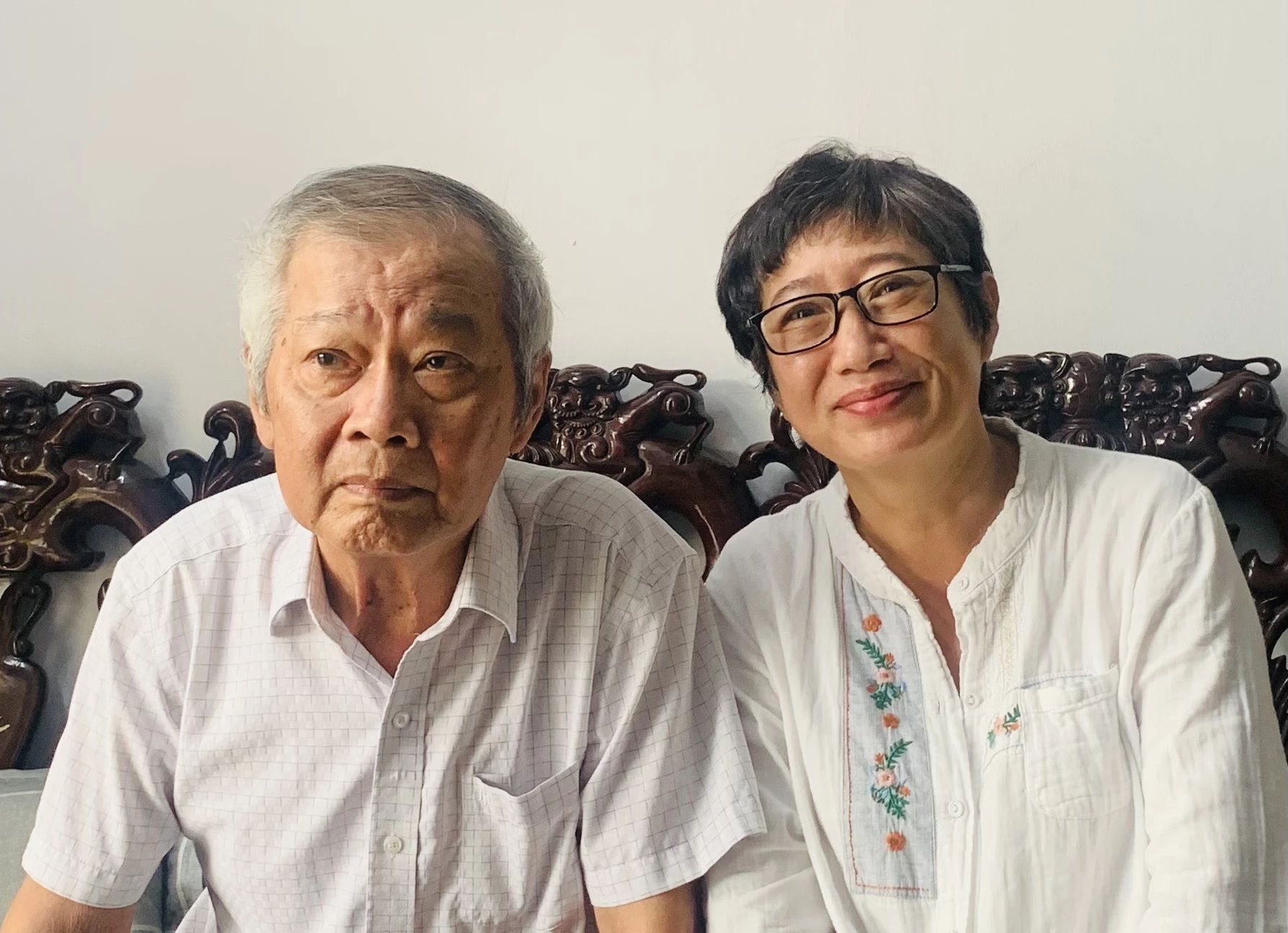 |
| Author (right) and poet Thai Hai - Photo: TH |
Also talking about spring, but he does not follow the traditional, old, and boring image motif, but has a different, bold, and very suggestive, very real and very dialectical perspective: "The soil is looser and browner/The earthworms enter the season of love/The paths to the heart are endlessly searching/Behind the grass, their mates emerge and cling/Passionate in their own way/Full/Shy/The soil is looser and browner/The farmer sows seeds/The green garden holds drops of the sky/Smooth in the new sunshine/The young shoots change their clothes/The earthworms are passionate in the dance of spring". The idea of the poem opens by giving the title. Without naming the source of emotions simply, directly and crudely as before: "Hometown", "Lake City", "Fire", "Water", "Memories"... the poet touches the reader's mind with interesting associative fields, unique metaphorical methods: "The world without diapers", "The sound of wild cats on the tin roof", "The woman lighting the stove"... Obviously, when breaking out of the rigid shell of thinking, proactively renewing itself, poetry becomes freer, more soaring, more attractive. It can be said that this is the stage that shapes Thai Hai's poetic style, helping him secure a ticket to "enter the gate" of the Vietnam Writers Association .
Later works such as the epic poems: "I Search for Me", "The Last Sunshine of the Thousand" and many other poems in the 2020s, show that Thai Hai's poetry is stable with its own nuances and personality. The skillful harmony between tradition and modernity, between objective reality and abstract thinking is the path that helps Thai Hai escape from the old, stereotyped path, completely switching to a creative method with sharp, dialectical thinking and an artistic form that is both beautiful and rich in identity - Thai Hai's identity.
The theme throughout his 6 poetry collections and epic poems is love for his homeland. He devoted his love to Dong Hoi. Many places on this small and beautiful land were affectionately named by Thai Hai: Mu Ke Bridge, Bao Ninh, Nhat Le beach, fishing village, sand village... Many stories he wrote in poetry were set in the space of Dong Hoi, without needing to be mentioned, we know where the poet wanted to return: "A sunny afternoon/A rainy afternoon/The sea surged with foam and waves/The wind played with the white sand, saying random things".
Even when writing about love, Thai Hai is not outside the space of his homeland “Nhat Le-Nang-Gio-Mua/Like your life in my blood and flesh”. His most outstanding success is the long poem “Dong Hoi Khuc Huyen Tuong”. Returning to an old topic that has been successfully exploited by many generations of artists is a difficulty, but Thai Hai has his own way. He composes without having to exploit it. He sends his love and respect through his own sounds and melodies, not stopping at describing and expressing it with reason through the shell of words, but singing it through the vibrations of his heart. The long poem “Dong Hoi Khuc Huyen Tuong” is a chronicle that the poet respectfully dedicates to his hometown.
I was a colleague of Thai Hai when I worked at the old Quang Binh Radio and Television Station, and continued to work together with him in the field of literature and arts. There were times when I saw Thai Hai extremely absent-minded, as if he did not care or pay any attention to this life. But, I was wrong, Thai Hai loved life, loved people passionately. The themes in his poems were full of the breath and colors of life. The months of fierce war. The days of peace were mixed with old and new. Generous and tragic. Love, hate, good and evil. Mother's shadow, father's shadow. Sister's figure, younger figure. Many comrades, some dead, some still alive. A large number of close friends. And even people he met briefly. He often wandered alone on familiar roads, meeting many lives peacefully in hardship. And pity! The vegetable seller "Green vegetables like you/You like skinny vegetables". The old cyclo driver "The old man bent over with a wet shirt/Bland next to a group of arrogant bald heads". The bamboo ladder seller “The bamboo ladder is tall/The bamboo ladder is low/The seller bends down/Carrying the ladder”. The Xam singer “The music/The listener/Is intact/Alone/The guitar/The singer/Is not intact”. The madman “The mad girl walks silently in the night”… The poet must be very delicate to collect all the scenes of life in his heart and sculpt them with words like that. Authentic and sympathetic. Sharing and philosophical. Images of small people but have the power to move people’s hearts and haunt reality.
Thai Hai writes poetry. Going back to the past. Wandering in the present. Retreating into the self. To find himself in life, in poetry: “I look for myself in the sunlight/The shadow falls long on the mountain/The dusty road is precarious…I look for myself/Black and white hair is faded/Some strands remain, some are far away/Small sparks, gradually fading in the wind…”. In recent years, the poet has suffered from old age, sometimes remembering and forgetting, getting confused. Occasionally, when memories awaken, he returns to the old roads as if looking for his shadow that has left its mark in the past days. Asking random questions, he smiles. Asking about poetry, his eyes light up: “Writing poetry? Yes, still producing regularly!”
Thai Hai's poetry now is like ripe fruit, rich and mellow!
Truong Thu Hien
Source: https://baoquangtri.vn/van-hoa/202510/nha-tho-thai-hai-toi-tim-toi-giua-pho-dong-4b928f1/



![[Photo] Closing ceremony of the 18th Congress of Hanoi Party Committee](https://vphoto.vietnam.vn/thumb/1200x675/vietnam/resource/IMAGE/2025/10/17/1760704850107_ndo_br_1-jpg.webp)




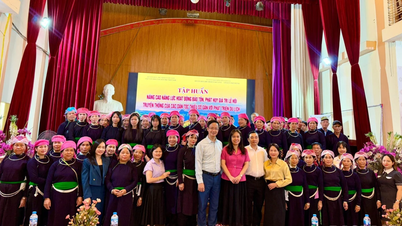

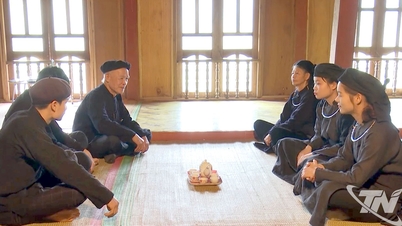

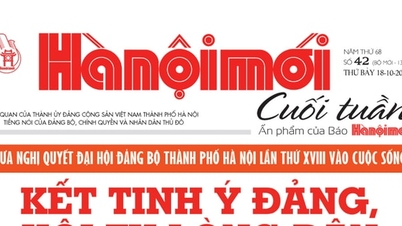



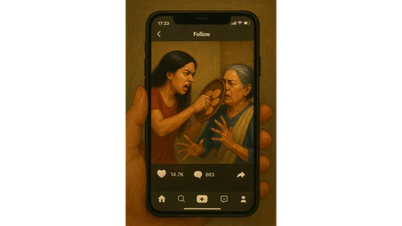

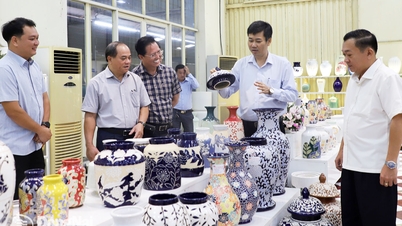





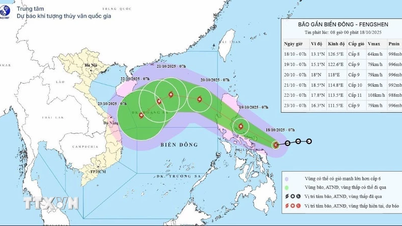
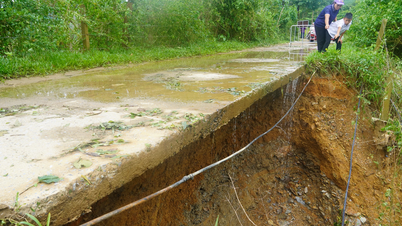

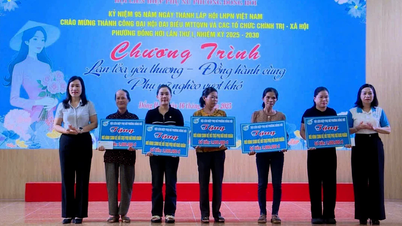
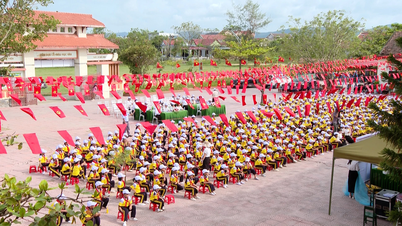

![[Photo] Nhan Dan Newspaper launches “Fatherland in the Heart: The Concert Film”](https://vphoto.vietnam.vn/thumb/1200x675/vietnam/resource/IMAGE/2025/10/16/1760622132545_thiet-ke-chua-co-ten-36-png.webp)









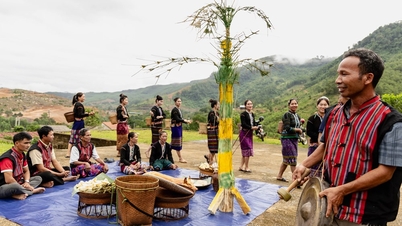





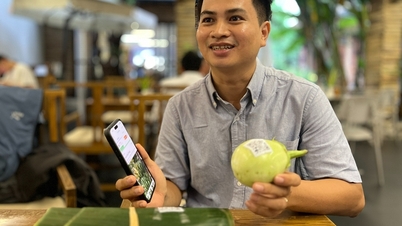
























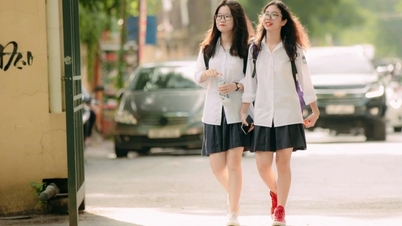
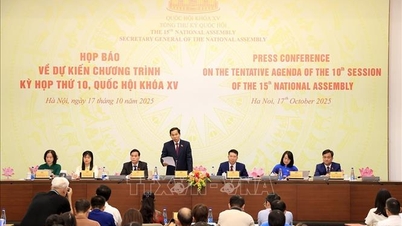











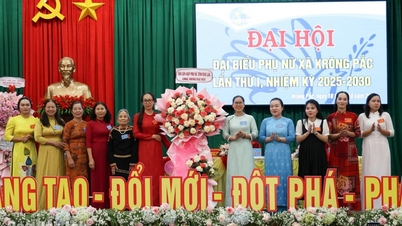
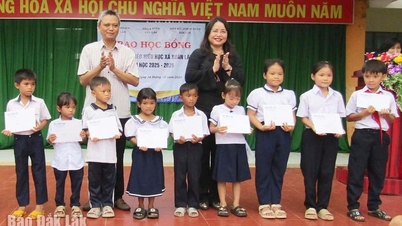
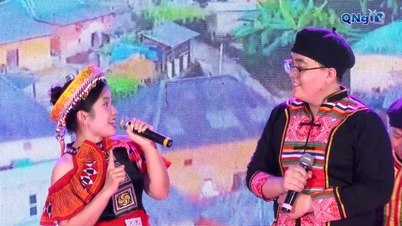



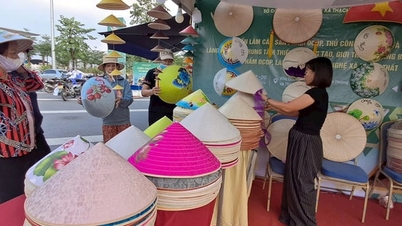










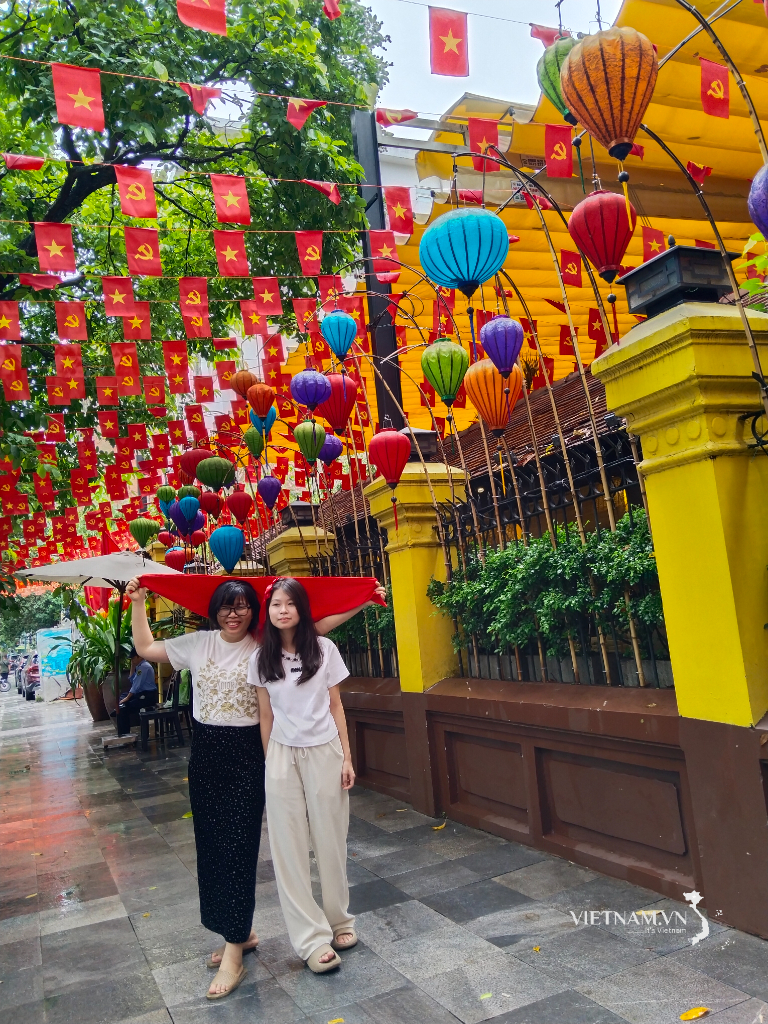

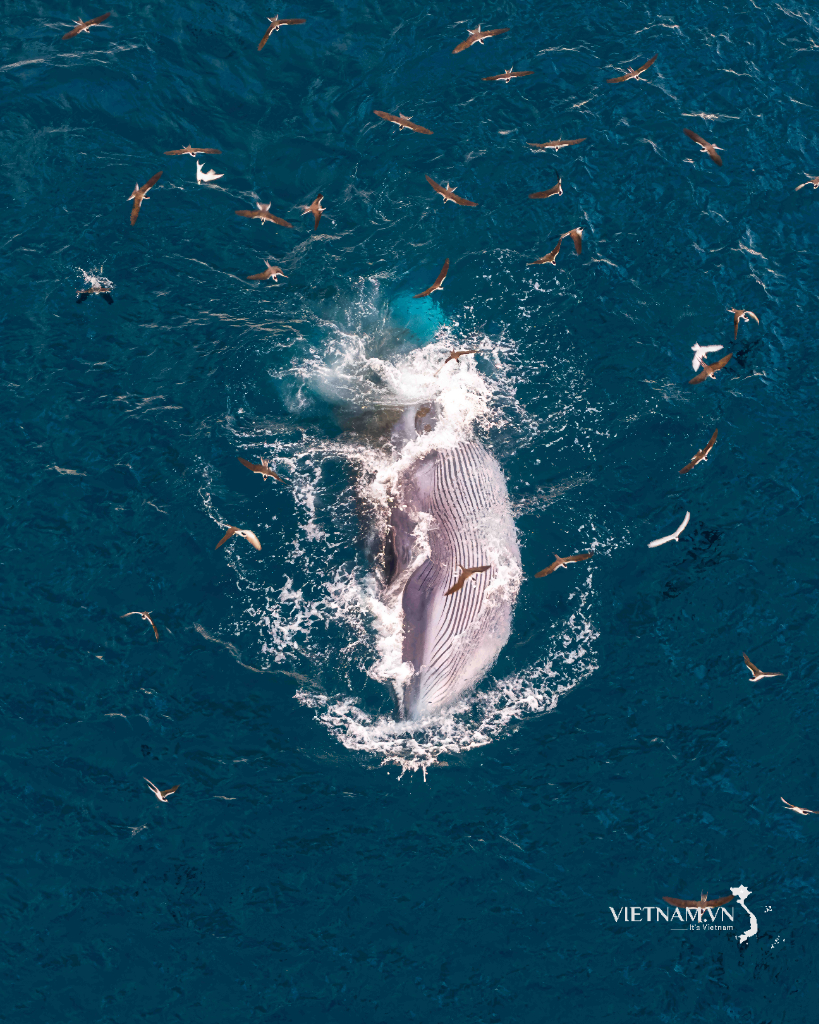
Comment (0)